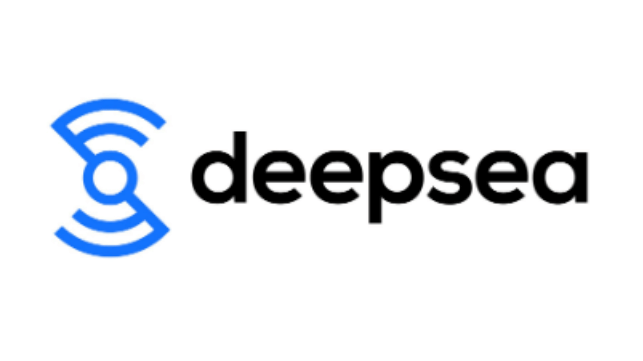DeepSea Joins The Shifts Project to Solve World's Biggest AI Dilemmas

15 September 2022, ATHENS: DeepSea Technologies, the award-winning Al-led maritime technology company and energy efficiency experts, has announced its partnership with other industry-leading institutions and researchers in the field of AI to launch the Shifts Project. The international collaboration of academic and industrial researchers is dedicated to studying and solving problems associated with distributional shift – for real-world impact.
Handling distributional shift is one of the greatest obstacles to the widespread adoption – and impact – of AI across all industries. This is especially the case in shipping, and the world’s top experts are now collaborating to explore solutions. Maritime has been chosen as one of two case study challenges – the other being distributional shift in relation to the treatment of the chronic condition, Multiple Sclerosis.
Alongside DeepSea, the Shifts Project is an international effort involving multiple institutions, including the universities of Cambridge, Basel, Lausanne, and HES-SO Valais. The initiative, which aims to build a cross-disciplinary international community, brings together core machine learning (ML) researchers studying distributional shift with applied ML researchers, who work on tasks affected by distributional shift in the real world.
A great example of distributional shift is found in maritime – where the entire ship data set moves over time – as a result of hull fouling. Marine fouling occurs when organisms attach themselves to underwater objects like boats, rope, pipes and building structures. This can lead to various operational inefficiencies, so vessel data, simply put, can be used to calculate how to counter these. Understanding how the entire ship data shifts over time is crucial to accurately modelling vessels, which is the key to unlocking shipping’s huge decarbonisation potential and minimising fuel waste.
The development of robust models is essential to enable the effective deployment of this AI-based technology to reduce the carbon footprint of global supply chains. This will also act as a stamp of approval for all companies working with AI in the shipping industry.
Commenting on the challenge, Dr Nikitakis, DeepSea’s Head Research Scientist, said: “This is an internationally important research field for all of AI, and managing distributional shift is a topic that we have been focused on since our inception. It’s a critical prerequisite to using the technology to generate real impact for companies both now and in the future. This project follows on from our research that was announced at HullPic in May of this year, which focused on creating rigorous standards for AI within the industry. This was in response to the growing need of consumers to fully understand what they’re getting when they consider adding “AI” as an optimisation tool.”
Dr. Konstantinos Kyriakopoulos, co-founder of DeepSea, said: “As we have built shipping’s largest and most advanced AI research team of 13 researchers, we feel a responsibility to increase industry awareness of the challenges associated with using AI in shipping. This is also vital to the success of all serious companies in the field.
“AI is touted by some as a major buzzword at the moment, with great promises, often great prices, but very little substance backing it up. Therefore, it’s easy for businesses to be caught out, causing apprehension within the industry, and hindering adoption of this hugely valuable technology. We encourage any shipping AI company involved in vessel modelling to join the challenge and prove the accuracy and applicability of their technology to fast-track shipping’s decarbonisation, cementing AI’s rightful position as an indispensable tool in maritime.”
The products and services herein described in this press release are not endorsed by The Maritime Executive.

